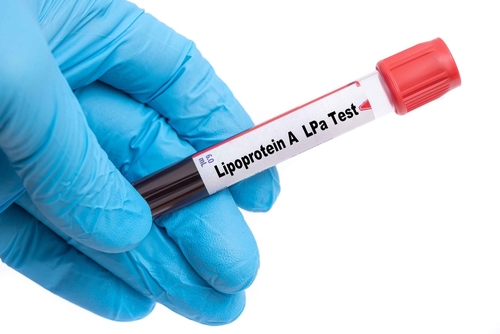
Here are the top stories covered by DocWire News this week in the Homepage section. In this week’s edition of the round-up: a diet that may be beneficial for women with high-risk pregnancies; ear canal stimulation may reduce Parkinson’s Disease symptoms, adhering to a plant-based diet may prevent type 2 diabetes; and air pollution is causing a spike in infants admitted to the NICU.
A new study published in PLOS One found that pregnant women with metabolic risk factors may reduce their risk of certain adverse events by following the Mediterranean diet. The randomized trial spanned five maternity units in London (n = 4) and Birmingham (n = 1). Between Sept. 12, 2014, and Feb. 29, 2016, 7,950 women were screened for eligibility, of whom 1,252 were randomized for the study. While most outcomes did not largely differ, the intervention group had a significantly reduced risk for gestational diabetes (aOR 0.65, 95% CI 0.47–0.91, p = 0.01). The authors wrote that “mothers gained less gestational weight (mean 6.8 versus 8.3 kg; adjusted difference −1.2 Kg, 95% CI −2.2 to −0.2, p = 0.03) with intervention versus control. There was no difference in any of the other maternal and offspring complications between both groups.”
According to a new study published in Parkinsonism & Related Disorders, the use of caloric vestibular stimulation (CVS), or ear canal stimulation, may hold the key to reducing Parkinson’s Disease symptoms. In this study, researchers recruited 33 PD patients who were on anti-Parkinsonian therapy to receive either ear canal therapy (n=16) or a placebo (n=17). According to the findings of this study, scores between baseline and the end of treatment suggest that the active-therapy participants exhibited reductions in motor and non-motor symptoms that were considered clinically relevant when compared to placebo-arm subjects. “The successful concealment of allocation in this study provides good reason to suggest that the clinical improvements were driven by more than just a placebo response,” the study authors wrote in discussing their findings.
Adhering to a plant-based diet may help prevent type 2 diabetes, according to a study published in JAMA Internal Medicine. In this study, researchers performed a systematic search of PubMed, MEDLINE, Embase, Web of Science, as well as reference lists using search terms that included “plant-based diet”, “vegetarian”, “vegan”, and “type 2 diabetes.” The search was conducted through February 15, 2019. According to the results of the study, a significant association was found between higher adherence to a plant-based dietary pattern and risk of type 2 diabetes (RR=0.77; 95% CI, 0.71 to 0.84) when juxtaposed with less adherence, with modest diversity across studies (I2 = 44.5%; P = .07 for heterogeneity). “Our findings suggest that plant-based dietary patterns were associated with lower risk of type 2 diabetes, even after adjustment for BMI,” the authors noted.
A National Institutes of Health (NIH) study has linked air pollution to a spike in newborn intensive care unit (NICU) admissions. The findings were published in Annals of Epidemiology. To conduct this study, researchers assessed study data from the Consortium of Safe Labor, which comprised information on 223,000 live births from 12 clinical sites across the US from 2002 to 2008. The results of the study suggest that NICU admissions notably increased under exposure to traffic-related pollutants on the day prior to giving birth (4%) when juxtaposed to the week before delivery (3%). The authors noted that “if our findings are confirmed, they suggest that pregnant women may want to consider limiting their time outdoors when air quality advisories indicate unhealthy conditions.”







 © 2025 Mashup Media, LLC, a Formedics Property. All Rights Reserved.
© 2025 Mashup Media, LLC, a Formedics Property. All Rights Reserved.